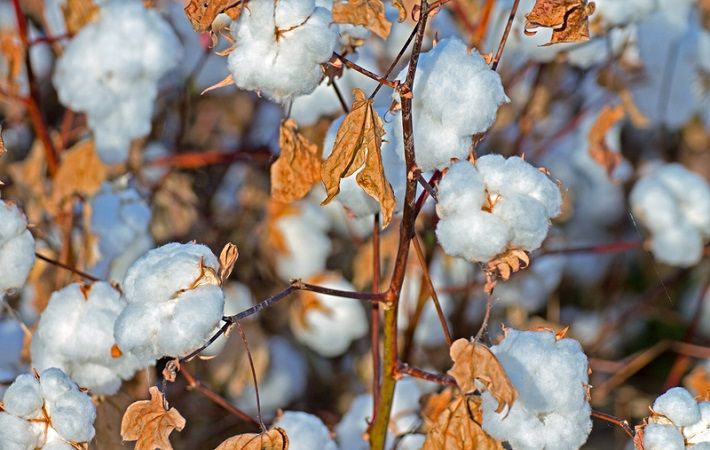In view of the abnormal price rise in cotton and cotton yarn, the Tiruppur Exporters’ Association (TEA) has said that the Indian government should ban export of cotton. This is in addition to the call already given by the industry to remove 11 per cent import duty on cotton. Last month, the price of Indian cotton was higher than the international market.
“The increase in cotton and cotton yarn exports from India is benefitting our competitors. India’s share in the export of knitting garments is only 4 per cent, while China has 39 per cent, Vietnam 13 per cent and Bangladesh 14 per cent in the segment. The government should ban export of cotton so domestic industries can compete in international market and India can benefit from value addition. Higher MSP can protect the interest of farmers, if necessary,” TEA president Raja M Shanmugham said.
The issue has already been taken up with the government. Representatives of the textile industry have submitted a memorandum to textiles minister Piyush Goyal requesting government’s intervention. Subsequently, textiles secretary Upendra Prasad Singh held a virtual meeting and discussed with the industry representatives. Shanmugam says the problems of the industry have been explained to the government officials, and Singh has given assurance of looking into the problems.
Now, the ministry of textiles and the industry representatives are trying to approach finance minister Nirmala Sitharaman as the issue of foreign trade is directly related to the Ministry of Finance. TEA has also urged the government to stop futures trading in cotton, as it is also causing for spike in cotton prices due to trading activities of investors.
According to Shanmugham, production is currently in full swing for export orders, but the recent price rise in cotton and yarn have worsened the things for exporters and producers. The additional cost is unbearable for them, and has put the garment units of Tiruppur in deep crisis. TEA has requested other textile organisations like the Textile Mills Association, SISA, TASMA and ITF to appeal their members not to increase the rates of cotton yarn.
Meanwhile, to highlight their issues, TEA has called for a strike in Tiruppur on January 17-18. Around six lakh workers associated with about 20,000 MSME units and 2,000 direct exporters will participate in the strike. However, the strike has only symbolic significance, according to Shanmugham.
Published On : 10-01-2022
Source : Fibre 2 Fashion

